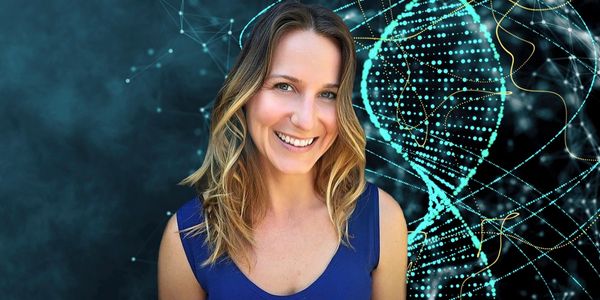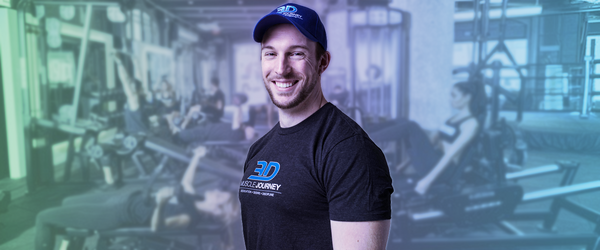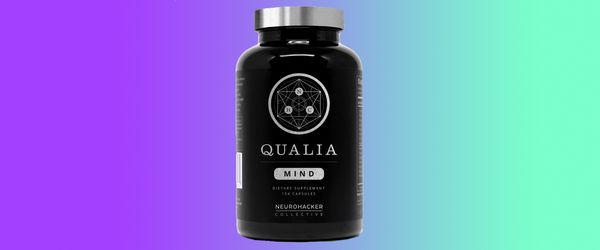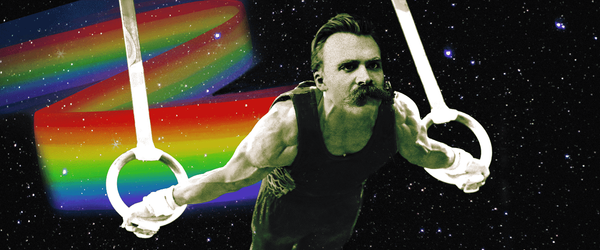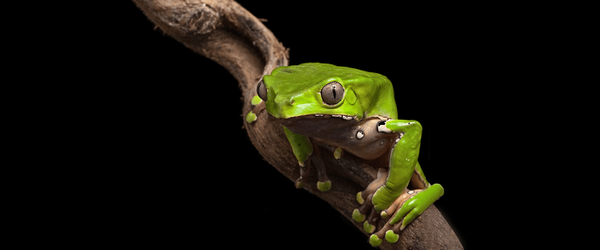Martijn Schirp • • 5 min read
The Other Side of Polyphasic Sleep

About a year ago I found myself with a lot of free time on my hands. So I decided to cheat on sleep. An internet meme knocked on my door called ‘polyphasic sleep’ and rumour has it that by switching your sleep rhythm from monophasic (six to nine hours in one stretch) or biphasic (5-6 hours and a single afternoon nap) to polyphasic (many naps spread evenly) will increase the time of your waking life (some even reported as few as three of sleep hours on the Uberman Sleep Schedule) while also give you a boost in focus, stamina, creativity and energy. These reports were strengthened by anecdotes that Leonarda da Vinci, Buckminster Fuller and Thomas Edison were proponents of polyphasic sleep. All you need to do is to go through a gruelling two weeks called the ‘adjustment period’ and your body and mind will adapt automatically. The theory goes that the essential sleep phases will get compressed to fit in the short naps and you ‘skip’ the non-essential sleep.
Who wouldn’t want to gain these benefits and have their name added to that list of famous polyphasers? Apparently, a lot of people who are like me. I curiously fit the stereotype of the polyphaser, I am a young optimistic male that likes to try out weird diets and extreme training regimes. My personal self-improvement philosophy is that with enough tinkering and experimentation, you are bound to get some insight in what works and what doesn’t. Unfortunately polyphasic sleep is one of those things that does not, at least not long-term. I don’t like to admit defeat, but I like inspiring people to potentially dangerous activities even less.
Every polyphaser sooner or later makes adjustments on his sleep schedule, catches up on rest or quits completely. Why is this? I continued for the polyphasic sleep rhythm (Everyman) for 26 days. Well, it would be more honest to say I hung in there. I didn’t quit earlier since I had not been able to follow the strict schedule, so I naturally thought the problem was me and not the sleep schedule. I routinely overslept my ‘core’ night sleep, I had trouble napping in the morning and I had a hard time waking up from my nap in the evening. In retrospect these are of course symptoms of sleep deprivation. However, if you are a convinced polyphaser, you are bound to believe these are the causes that ‘reset’ your adjustment, and not the effects of the failed attempts. I didn’t continue for 26 days just to prove it could be done, there were definitely some benefits.
I had many lucid dreams, which was awesome. I stopped procrastinating, cognitive dissonance dictates that you are fighting the gruelling battle against sleep for a good reason, not just for watching television or doing nothing. Again, if you are an avid believer in polyphasic sleep, it is okay to resort to these methods to stay awake, just to get through the undefined adjustment period. I definitely had some fun learning ever more elaborate ways of waking up (without directly falling asleep again). One alarm clock. Two alarm clocks. Five (hidden) alarm clocks connected to an amplifier. Sleep measuring applications to wake you up at the right moment (sleep won in the end). I also experienced some beneficial effects on meditation. Sleep deprivation is common in Zen centers, it can give you certain esoteric insights into the nature of the self and into dependent arising. But the main thing I miss are the nights, when everyone around you is sound asleep, the whole world seems to hold in its breath. Pure magic.
So what exactly happens when us mere mortals try to defeat sleep? Watch this 10-minute YouTube video to find out (and this one). But why doesn’t it work long term? Babies can, why not us? The short answer, babies sleep around 16 hours a day and that is quite different from our attempts to sleep about three. When babies are about a year old they switch to a more natural monophasic or biphasic rhythm. Exactly what the expert on polyphasic sleep recommends. Claudio Stampi, the man who started his research on extraordinary sleep cycles by studying solo sailors was also the first one to study polyphasic sleep. Stampi sleeps a biphasic rhythm himself (six hours at night and a 30 minute nap during the day). That is because we are a biphasic species. Yes, we can adapt to various situations (like polyphasic sleep), but only short-term. Just like smoking a cigarette once in a while won’t do you much harm, sleeping polyphasic once in a while won’t do you much harm either. But as you can see in both YouTube videos, cognitive abilities diminish the longer you are sleep deprived, which inevitably happen if you go polyphasic for longer. A large meta-analysis study says that long-term sleep deprivation can strongly impairs human functioning, lead to cardiac problems, a weaker immune system, diabetes, obesity, depression and chronic sleep problems. And if you read the blogs of polyphasers, these problems are often mentioned.
Humans live according to the circadian cycle of about 24.2 hours. During this cycle we have two moments where we feel sleepy, this is because our bodies are being made ready to sleep. In order to do that it will change hormone levels like cortisol and melatonin and lowers blood pressure and motor activity. This is why it’s hard to nap in the morning, and hard to wake up after the evening nap. The fact that you are able to nap at all is because you are sleep deprived, which does in fact make it easier to fall into deep sleep. There is indeed some compression of less important sleep phases if you go polyphasic, but that is just your body prioritizing. But what it actually wants is to catch up completely and go back to a mono or biphasic sleep rhythm. Hence the reason for the increasing difficulty of waking up. Exactly why we need approximately eight hours of sleep is still a question. Bats sleep about 20 hours a day, while giraffes can function perfectly on about two hours. No correlation has yet been found between mammal size, cognitive and/or physical functions and sleep. The only thing we have right now is a tremendous body of evidence that shows a lack of sleep is very dangerous, and polyphasic is not an exception.
So what can we say about the internet meme that has been around for ten years? Some people adjust easier, have less symptoms and more willpower. These can probably switch to polyphasic sleep with a minimal of side effects. It helps a lot if you otherwise live healthy. For most people however, polyphasic only works short time. If you are caught up in the gorging productivity river of modern society, polyphasic sleep can give you that bit of extra time to complete all your deadlines. But don’t be disappointed if you have to catch up on the lost sleep afterwards and/or have trouble doing hard brain work. It also might be a good idea to implement some catch up days, where you sleep as much as you want, if you are in it for the long haul.
What would be a more healthier sleep then? It might be a good idea to let your body decide. Just as with knowing how to beat your heart and work your pineal gland, it knows best when to sleep and how long to sleep. Don’t use too many electric devices when it’s dark outside, that makes it only more confusing. Go to bed once you feel sleepy. Don’t browse the internet of watch television, rather read a book with candlelight. If possible, don’t use an alarm clock to wake you up, just keep your curtains open and our sun will wake you up naturally. Don’t worry about oversleeping. If you follow these simple rules you automatically sleep a healthy mono or biphasic rhythm.
Sweet dreams!

